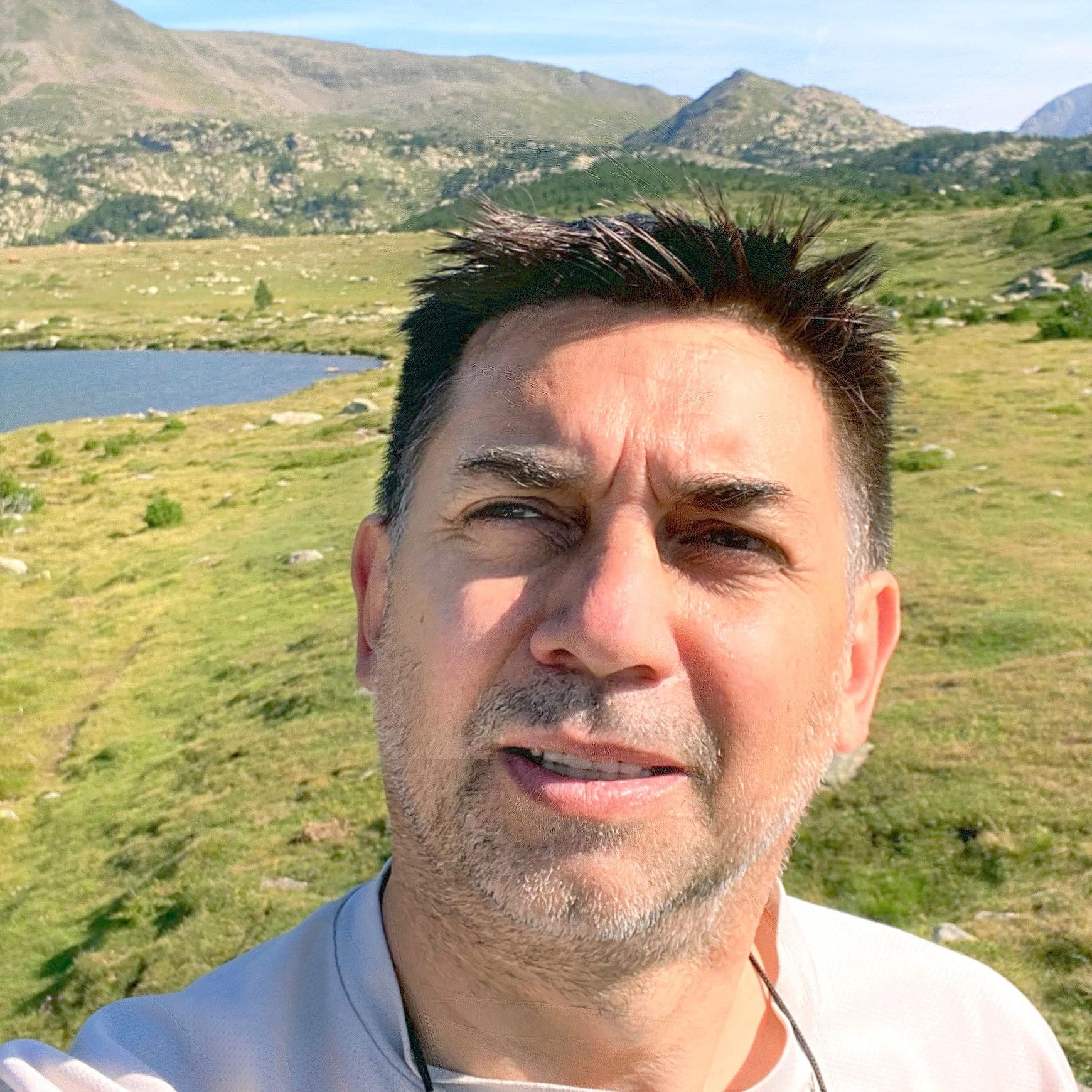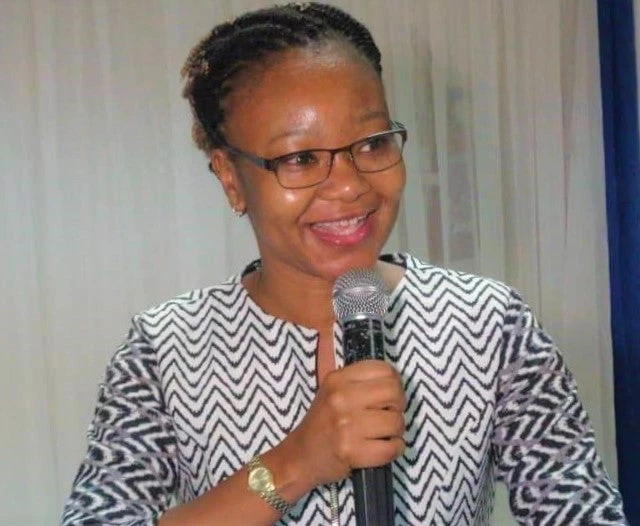As climate change diminishes the availability of surface water in Africa, groundwater has emerged as a vital untapped resource. But, in the Sahel, a global hotspot for climate change and one of the poorest regions in the world, limited knowledge about groundwater resources hampers efforts to develop strategies to cope with water scarcity. Nor are there enough hydrogeologists trained in the sustainable management of this resource.
CIWA is playing a pivotal role by convening stakeholders around the goal of increasing the cadre of Sahelian groundwater specialists and improving their skill level. It supported a weeklong roundtable discussion in March 2022 in Nouakchott, Mauritania, which brought together academics responsible for training groundwater specialists in six countries to identify the main gaps in training and forge solutions.
The countries—Burkina Faso, Chad, Mali, Mauritania, Niger, and Senegal—made a potentially transformative decision to both improve the quality of undergraduate training to retain students interested in groundwater studies and to create a common master’s degree program in hydrogeology. Because many Sahelians pursuing careers in groundwater must attend universities abroad to obtain advanced degrees and may remain overseas to work, a homegrown master’s degree program could reverse that trend and build up regional expertise.
“This roundtable made it possible to deepen the discussions, share experiences from each country, fill in the gaps, and find solutions,” said Dr. Seynabou Cisse Faye, a senior hydrogeologist and associate professor who is responsible for hydrogeology training in the Department of Geology at the Cheikh Anta Diop University of Dakar in Senegal.
The challenge of increasing the number of women in the geology department drew Dr. Faye to the field of groundwater. “Geology was not a very attractive subject for women, and there was practically no enthusiasm for training women,” she recalls.
“I said to myself, ‘Why are there not enough women?’ That is what steered me into the field,” says Dr. Faye, whose academic research topics include the vulnerability and pollution of aquifer systems in urban, mining, and agricultural areas and the contribution of isotopic tools to the study of pollution. She eventually rose to become head of the geology department from 2017 to 2021 and now leads the master’s program in hydrogeology. She is also the scientific manager of the department’s hydrochemistry laboratory.
Dr. Faye saw first-hand how hard it has been to recruit students interested in becoming groundwater specialists at her university. “Our big problem right now is training,” she says.
Because of limited university resources, about five times as many students apply to the hydrogeology program as can be enrolled—far less than is necessary to meet the region’s groundwater resource management needs. And, as became evident at the roundtable, the quality of training opportunities across the Sahel is spotty, leaving some students unable to train in the field of earth sciences and thus acquire basic geology skills or obtain internships or jobs.
Exploring these shared challenges and opportunities across the six countries helped build trust and cooperation. “We share certain basins, the climate, socio-economic contexts, and the unavailability of water resources,” Dr. Faye says. “It was in our interest to pool our resources and create a unifying program” that will allow universities to exchange students and skills. . . which can be beneficial for all countries.”
She said that CIWA can continue playing “a decisive role in facilitating meetings between training institutions in the field of water resources in different countries, creating frameworks for reflection to improve knowledge, identifying shortcomings, and trying to find solutions together.”
Related Links:
- Listen to the podcast recorded with Dr. Faye (in French)
- Blog: Elevating groundwater knowledge, exploration capacity, and resources development in the Sahel region of West Africa
- Blog: In the Sahel, capitalizing on groundwater expertise is essential
- CIWA Program in West and Central Africa
- An Interview with Dr. Faye (in French)





Join the Conversation